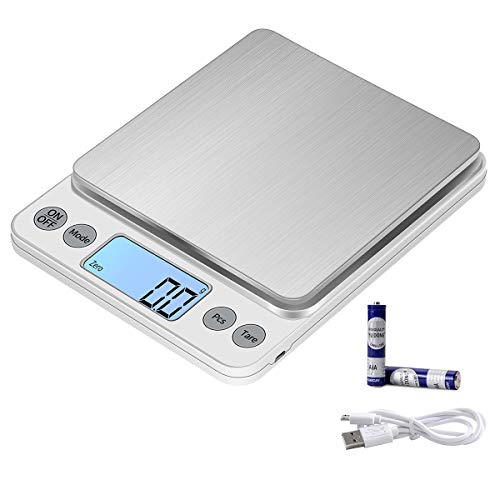karenative
Member
- Joined
- Jan 20, 2017
- Messages
- 8
- Reaction score
- 4
But most website claims that handmade soap can do wonders to out skin... that it is not only clean but moisturize our skin at the same time. many articles I read also mentioned when using handmade soap, no lotion is needed thereafter. So , I guess not huh?Your recipe seems fine, only thing I might add is to add chelation if you happen to have hard water. Like citric acid with extra lye to account for it or EDTA. And I don't remember whether you said anything about moisturizing afterwards, but that's probably still needed. Also check to see if you are allergic to anything in your soap. It won't always be clear cut.
Example one of the website: http://patch.com/illinois/tinleypark/handmade-soap-vs-store-bought-soap-whats-difference

















































